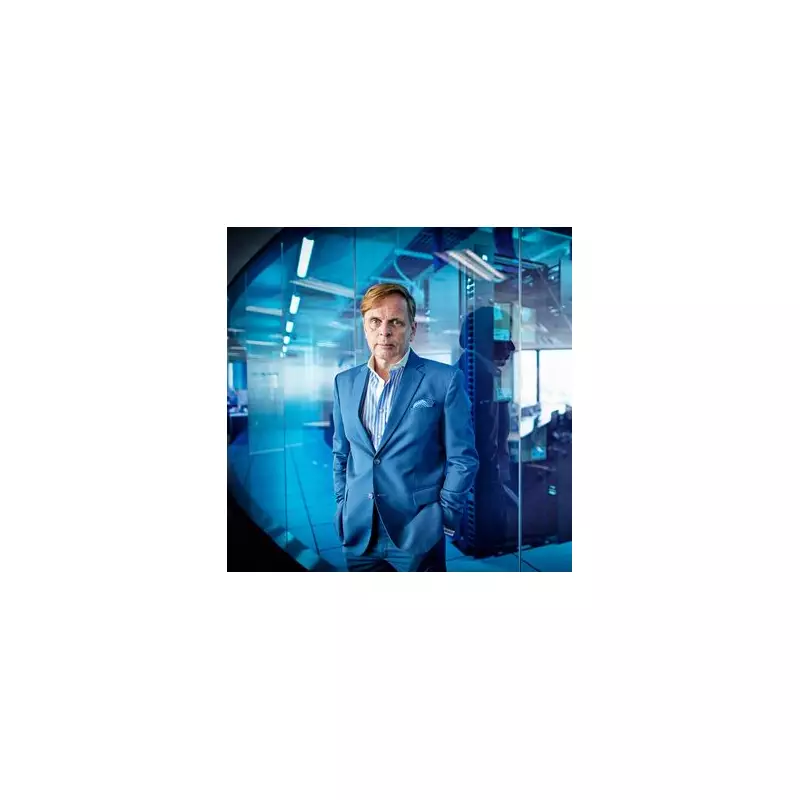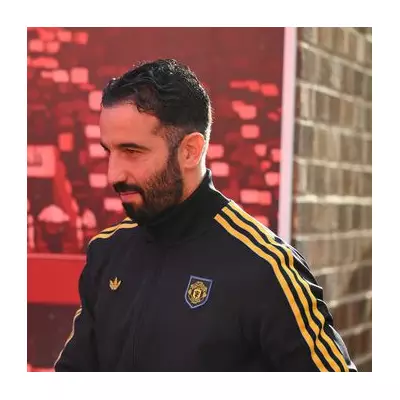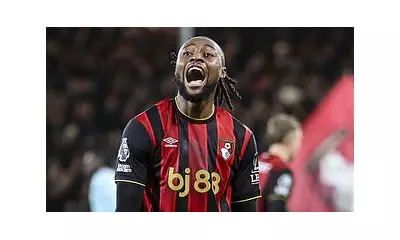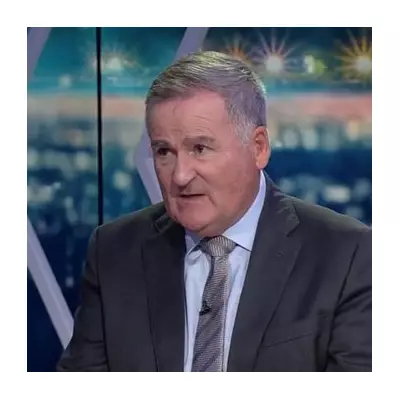
In a stunning development that could reshape the future of one of football's most iconic clubs, Finnish billionaire Thomas Zilliacus has officially entered the race to buy Manchester United with a revolutionary £3.5 billion offer.
The 21st Century Football Club Vision
Through his investment vehicle XXI Century Capital, the former Nokia executive has proposed a radical new model that would fundamentally change how football clubs are owned and operated. Zilliacus envisions creating a digital platform allowing fans worldwide to participate directly in key club decisions.
'This is about creating a new paradigm in football ownership,' Zilliacus declared. 'Fans would have the opportunity to join me in buying the club and participate in defining the club's future.'
Breaking the Billionaire Monopoly
The Finnish businessman's entry intensifies an already fierce bidding war that has captivated the football world. He now joins Qatari banker Sheikh Jassim bin Hamad Al Thani and British petrochemicals billionaire Sir Jim Ratcliffe as the main contenders to end the controversial Glazer family ownership.
Zilliacus didn't hold back in his criticism of the current American owners, stating: 'The club has become an commercial monster but lost touch with its soul. The Glazers have treated United as a financial asset rather than the cultural institution it truly is.'
A Digital Democracy for Red Devils
The most groundbreaking aspect of Zilliacus's proposal is his commitment to fan engagement. His plan includes:
- A digital platform for global fan participation
- Community-driven decision making on major issues
- Transparent financial operations
- Long-term strategic planning focused on football success
'United belongs to the fans, not to billionaires or sovereign states,' he emphasised, taking a clear swipe at both the Qatari bid and the Glazers' tenure.
The Road to Resolution
With the third round of bidding now underway, the Raine Group – the merchant bank overseeing the sale – faces increasing pressure to reach a conclusion. The prolonged process has created uncertainty around the club's summer transfer plans and long-term strategy.
Zilliacus's unexpected entry adds another layer of complexity to what was already becoming a two-horse race between Middle Eastern wealth and British industrial might.
As the battle for Manchester United's soul intensifies, one thing remains clear: the outcome will not only determine the future of England's most successful club but could potentially redefine football ownership models across the globe.





